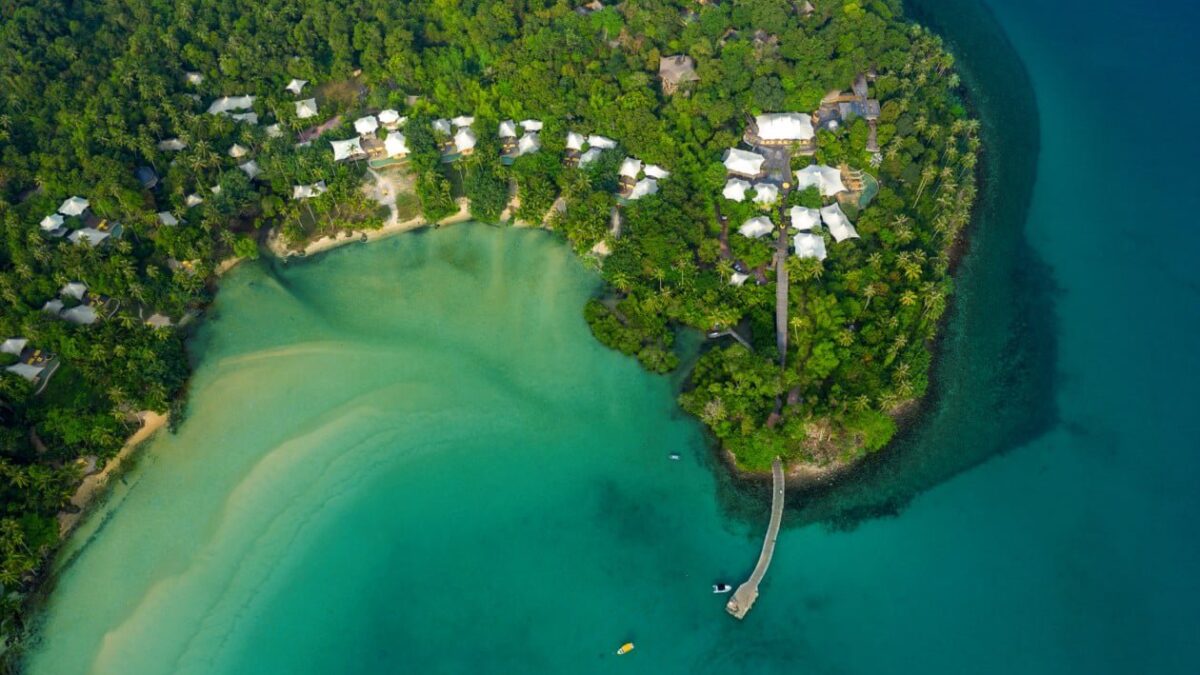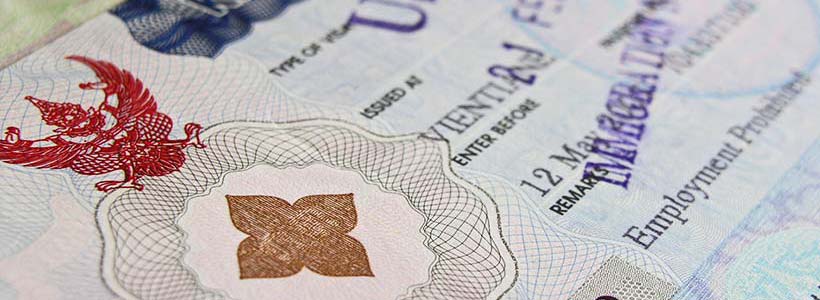How International School System works in Thailand ?
Thailand has constantly become the paradisiac destination for many expats. What is more important is the education of a child, expat parents tend to choose the right education system for their kids so that when they grow up or get to go back to their home countries, things that they have learned in Thailand would be comparable and valuable.
About Thailand Living introduces you to a a new level of international school in Thailand with a British standard, what you should invest for your child’s education, for their bright future…
IB Diploma Programme
The International Baccalaureate (IB) is a global education organization offering courses at all school ages. Much more than an exam board, they provide education programmes that aim to develop the intellectual, personal, emotional and social skills needed to live, learn and work in a rapidly globalizing world. Some schools will be “all-through” IB school and these only offer IB courses while others will offer different courses at different ages. For example a school might offer International GCSEs up to 16 and then offer A levels, the IB or both to older students.
The IB organization offers a Diploma Programme (DP) in the last two school years. The IB set the syllabus, mark the exams and students are awarded a final score out of 45. Currently the global average is around 30. The DP curriculum is made up of six subject groups and the DP core, comprising theory of knowledge (TOK), creativity, activity, service (CAS) and the extended essay. Through the DP core, students reflect on the nature of knowledge, complete independent research and undertake a project that often involves community service. These are compulsory and central to the philosophy of the programme. These units broaden and deepen the knowledge and understanding of students, requiring them to undertake their own research, learn about how we learn and engage in activities (such as community work) that takes them out of the classroom.
The IB organisation believe that the DP is more than an academic assessment. Their evidence shows that DP students are better able than their peers to cope with demanding workloads, manage their time and meet the expectations placed on them. Students in Canada, the UK and the USA found that the DP’s extended essay improved their approach to learning in higher education and in a 2013 study 72% of students taking the DP in China attend one of the world’s top 500 universities.
In the DP each of the six subject groups below are marked out of a maximum of 7.
- Language and literature
- Language acquisition
- Individuals and societies
- Sciences
- Mathematics
- An additional subject
Three or four of the options must be a Higher Level and the others at Standard Level so students can specialize in the ones they enjoy most. 3 additional marks come from the additional areas of study and activity – the extended essay (EE), theory of knowledge (TOK) and creativity, action, service (CAS). The Diploma is awarded to students who achieve a minimum score of 24 and fulfil the other minimum requirements.
Students who may find this too much can take the IB Courses, not the Diploma. It offers a final score like the Diploma and students may take as many or as few diploma level courses as they wish and their school allows. The award for each of these courses is allocated a score up to 7 just like the Diploma but fewer exams are sat. Hence it is a lighter academic diet than the Diploma but accepted by universities.
A Levels
A levels are separately graded courses in specific subjects and each is studied over two years. The variety and nature of subject choice is wide-only limited by what can be offered by the school or college. There are A levels in languages as varied as Afrikaans and Urdu and subjects of all types including Business, Computing, Design, Economics, Food Studies, Geography, History IT, Law, Music, Psychology, Sociology, Travel and Tourism along with all the science etc.
Universities expect students to study three subjects with more not being seen as better unless a candidate is exceptional and expected to get top grades in all subjects. Three at grade A is better than four at grade B, for example.
The courses are modular-studied and assessed in units with exams at the end of Year 12 (AS levels) and Year 13 (called A2s). Students are awarded a Uniform Mark Scale (UMS) or raw score and a grade for each unit. At the end of Year 13 the UMS scores are added together to calculate (or “cash in” as it is called) the overall A level grade.
The overall A level qualifications are graded A* to E and to get an A* a student must get an A grade for the overall A level scoring at least 90% of the A2 UMS marks. Universities will make offers based on numbers (A*- 140, A-120, B-100 C- 80 etc) or letters (AAB, BCC etc)
The combination of subjects can be very important when it comes to admittance onto particular university courses. Advice should always be taken and, if necessary, double-checked with specific universities. For example to study Pharmacy at university, candidates must have A levels in chemistry plus at least one from biology, mathematics and physics. English undergraduates typically must have English literature, for Geology or Earth Sciences they must have: at least two from mathematics, physics, chemistry and biology and to study Economics sometimes students need an A level in mathematics but only rarely do they need on in Economics.
There is much debate as to whether some A levels are harder than others. Whilst there is no simple answer it is the case that some are highly academic whilst others are practical or creative. Similarly some universities will stipulate particular subjects in their offers such as AAB with an A in English.
A Levels or the IB Diploma
So for many students the option is likely to be the full IB Diploma or academic A levels although there is also the route of IB Courses or less academic A levels. The IB Diploma can be started but then a switch made to Courses but once A levels have started it is difficult to change. After the AS exams have been sat the only option is to cash in at that point or go on to A2. Good universities are unlikely to recognise AS grades in offers.
The IB vs A Level debate is like the PC vs Mac one. There are fans (and fanatics) on either side and they both have strengths and weaknesses. So much is down to what you want, what is available and finding the one that works for you.

















